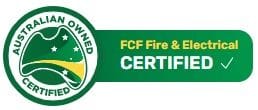Fire Testing Services To Help Your Business Stay Compliant
)
A safe work environment makes for a productive workplace. Your employees should feel safe and in the case of an emergency, such as a fire, you want to make sure that when you reach for the fire extinguisher that it works. You want to ensure that all fire equipment is maintained on the proper schedule. Fire Testing Services will ensure that your business remains compliant.
When Should You Maintenance Your Equipment?
It is easy to take for granted that all equipment will work. You don't want to learn the hard way that's not the case so here is a guide to help businesses comply with AS1851 (Australian Standards 1851).
- Smoke detectors and fire extinguishers need to be tested every six months. This ensures that the smoke detector works properly and that the fire extinguisher has enough pressure.
- Fire blankets are also best checked every six months. This ensures that they remain effective in case of an emergency.
- Fire reels can be checked twice a year. A fire safety professional will check for wear and defects.
- Fire hydrants are usually handled and maintained by the local fire agency.
Ensure Your Business In Compliant
The AS1851 sets the standards for compliance as it pertains to carrying out fire equipment maintenance properly. It ensures that businesses know what is expected and that uniformity is achieved to ensure safety and reliability.
Aside from the fact that it is a requirement to have a Fire Equipment Maintenance schedule in place to ensure that your fire equipment works properly, not doing so can threaten the safety of your employees. A false assumption is that this type of equipment is fine, especially since they don't get regular use. That is actually the reason they should be checked because over time defects can develop even without regular use.
It is the business' responsibility to maintain a safe environment to avoid human and property damage. Keeping abreast of any changes in Fire Equipment Maintenance regulations is imperative. It is recommended to have someone in place that is responsible for this.
Routine inspections and preventative maintenance are prescribed by the AS1851. These standards were revised in 2012. Although this document was updated to make these standards easier to understand and therefore comply with, there remain some areas of confusion. Keeping a few things in mind may be helpful.
- The AS1851 does not enforce an upgrade to fire equipment. The focus is more on that regular maintenance proves that the equipment is 'fit for purpose'.
- Weekly inspections of fire equipment have been changed to monthly.
- Baseline data is required for all installed pieces of fire equipment.
How to Obtain Baseline Data
The FPAA or Fire Protection Association of Australia offers a Good Practice guide to help with compliance. Within this guide, you will find the following suggestions for obtaining baseline data:
- Contact the original company that installed the equipment for this information.
- Data may be obtainable via original permits and the local council.
- Hire an independent expert to administer tests to develop the baseline data. This option, although effective, is costly.
Note: Responsibility of re-certification rests with the property owner or occupier.
Most businesses have an emergency plan of action in place. They may have regular fire drills to prepare employees in case of an emergency. Seldom do businesses do a test run on fire equipment. That is why it is vital to ensure there is a maintenance plan of action so that in the event you have to rely on them, your fire equipment does not fail you. As you can see, Fire Equipment Maintenance is important and leaves no room for error. For more advice and help on Fire Testing Services, contact us today.

)
)
)
)
)
)
)
)
)
)
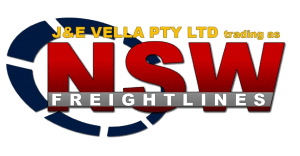)
)
)
)
)
)
)
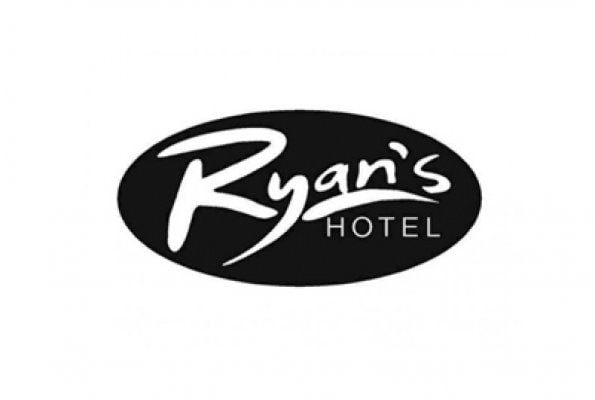)
)
)
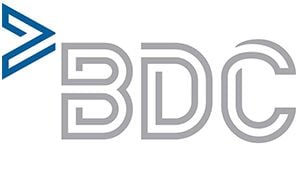)
)
)
)
)
)
)
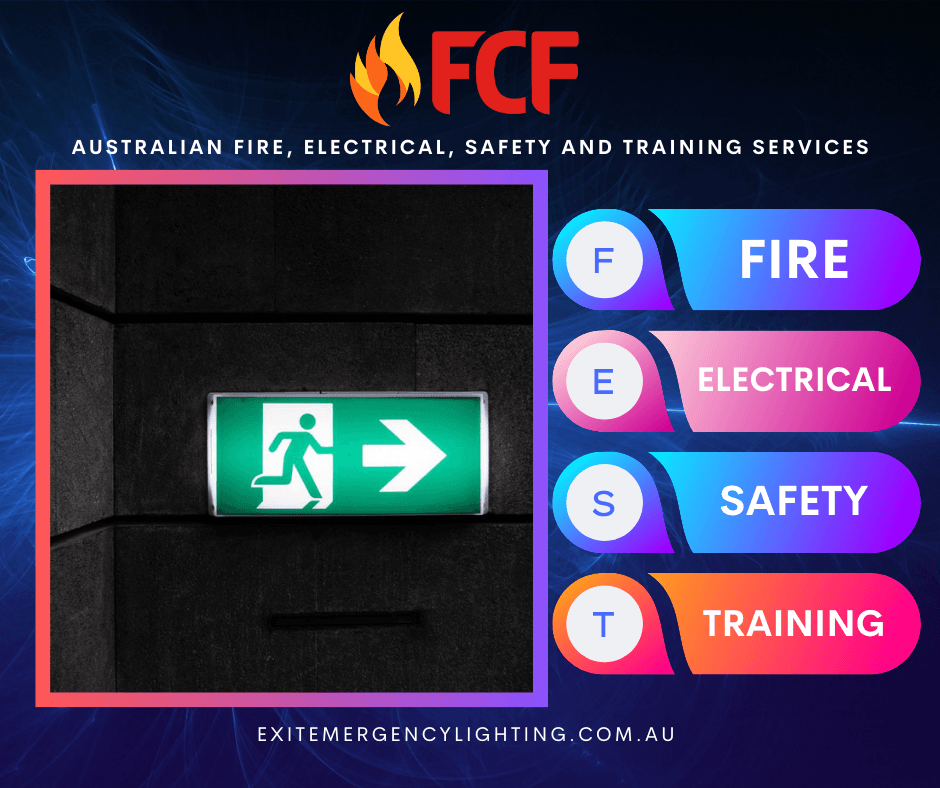)


